When I started writing Lulu Loves Flowers, I thought I was just writing a simple story about Lulu and gardening. I thought, 'if she wanted to garden, Lulu's a bit like me, so first thing she would do is read up on the subject.' She loves books anyways, so that was appropriate and that's what I made her do.
I actually have a small town garden and I don't really regard myself as a gardener. But I do have a wonderful collection of gardening books with fantastic photographs of beautiful gardens and inspiring schemes…
Our garden is at it's best in spring, (when I do a little weeding and planting)
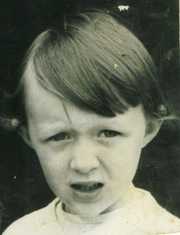
I helped with weeding and planting, and he also gave me a little patch to grow my own stuff – some onions, lettuce, a few flowers… My most adventurous year was the one when I decided to grow various items mentioned in the Enid Blyton stories I was reading. The Famous Five and the Adventurous four seemed to exist on a diet of radishes, watercress sandwiches and ginger beer (none of which I'd tasted - in fact I thought ginger beer was alcoholic and I was a bit shocked the children were allowed to drink it). Like Lola wanting to re-create Mary Mary's contrary garden, I was determined to find out what watercress and especially radishes tasted like.
I have to tell you, both were disappointing. I couldn't really understand the attraction of watercress (though combined with hardboiled egg and mayonnaise - a recipe from one of the cooking books I also happened to have borrowed from the library - it was just about OK). But the radishes were a total bust! I think that in combination with the descriptions of Dick and George wolfing them down, the very word 'radish' sounded delicious to me. So the bland, pale, hard white radishes I grew were a horrible disappointment. Worst of all was I'd been very successful and had an enormous crop which I couldn't give away fast enough!
And you know, I think this is really what Lulu Loves Flowers is about. It's about the fact that little kids are like little sponges – soaking up experiences and trying stuff out and working out how the world works and who they are and how they fit. And it's about the fact that we must not limit their options or their imaginations. Too often we see a little girl who loves reading and we put her in the 'cerebral' box. We buy her more books (good thing) and read to her (good thing) but perhaps forget that on other days she may enjoy running in the garden just as much… We see a little girl who loves to run about and we put her in the 'sporty box'. We sign her up for after school sports clubs (good thing) and cheer her from the sidelines (good thing) but perhaps forget that once in a while she might like to sit and listen to a story… We see a little girl who loves dressing up and we put her in the 'artistic' box and we sign her up for art class (good thing) and dance class (good thing) but forget that once in a while she might like to run about in the mud or plant some flowers…
I was that mix of things – a crazy reader, soaking up information and stories but then acting them out, running about, pretending… getting muddy. I was fortunate that my parents accepted that mixed up bundle of stuff and it wasn't really until my teens when I started to run middle-distance competitively that these two sides of my personality seem a problem to other people. My running club peers were curious about my 'bookishness', seeing it as at odds with my my passion for running and some of my 'cerebral' friends thought my love of physical exertion was just weird. (And did I mention that I was also into art and played two musical instruments). Happily, none of my friends were anything other than puzzled by my 'other' interests and I continued with them all.
But more and more I see a modern trend to channel children into a particular stream earlier and earlier (I think so they can be sold things more efficiently). The tailored advertising of the 'if you liked that author/musician/dress – you'll like this author/musician/dress' is ubiquitous. It may seem innocuous, but is a symptom of a world where we are encouraged to identify with a particular (and often narrow) set of values/ambitions and stick with them. When applied to young children, this tendency to label and contain seems to me to be kicking in earlier and earlier. I have parents of 2-year olds tell me 'he's not really into books' as if this is a fixed character trait like having brown eyes (and as if ANY trait is fixed in a 2-year old) and I see parents dress their little girls as princesses and wonder why they don't want to run and play outside.
So Lulu Loves Flowers is about ALL of that… It's about a little girl who is like a little sponge, soaking up information about the world around her; acting out things from books; trying out different roles and figuring out what makes her happy and where she fits in the world…
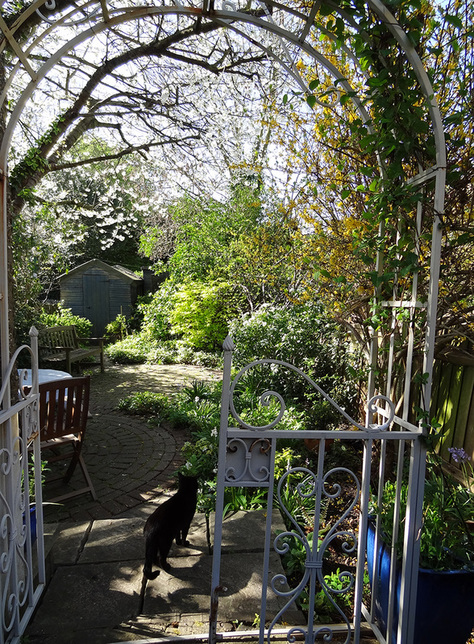
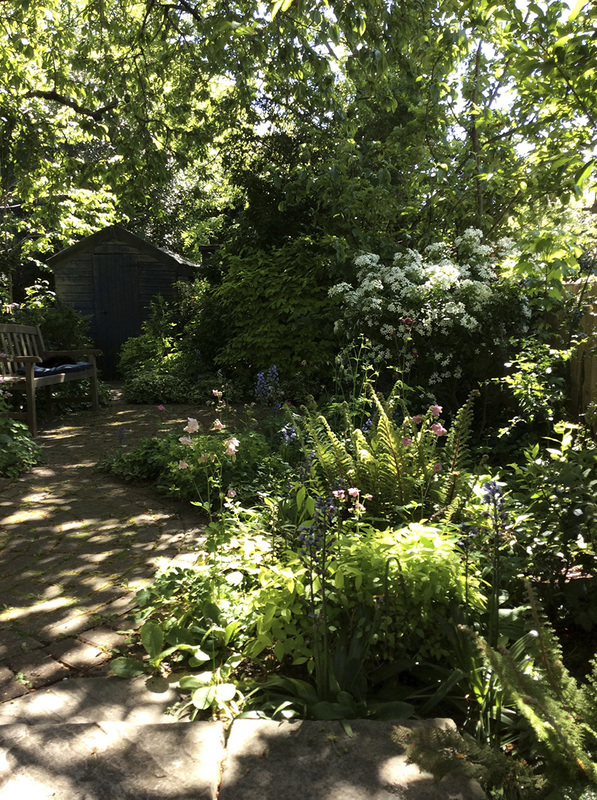
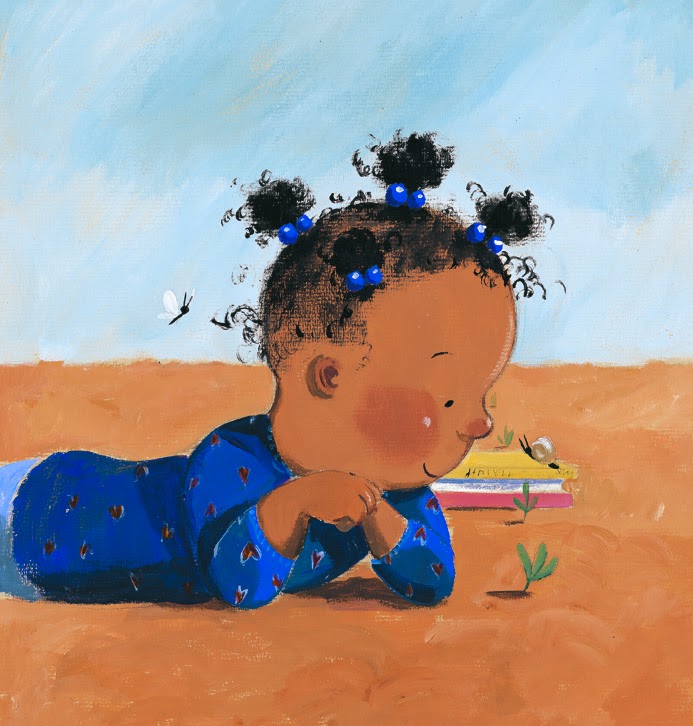
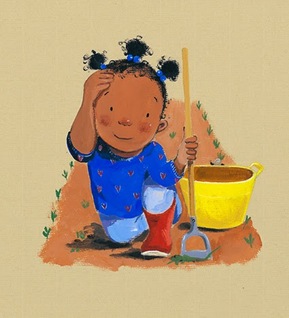
 RSS Feed
RSS Feed